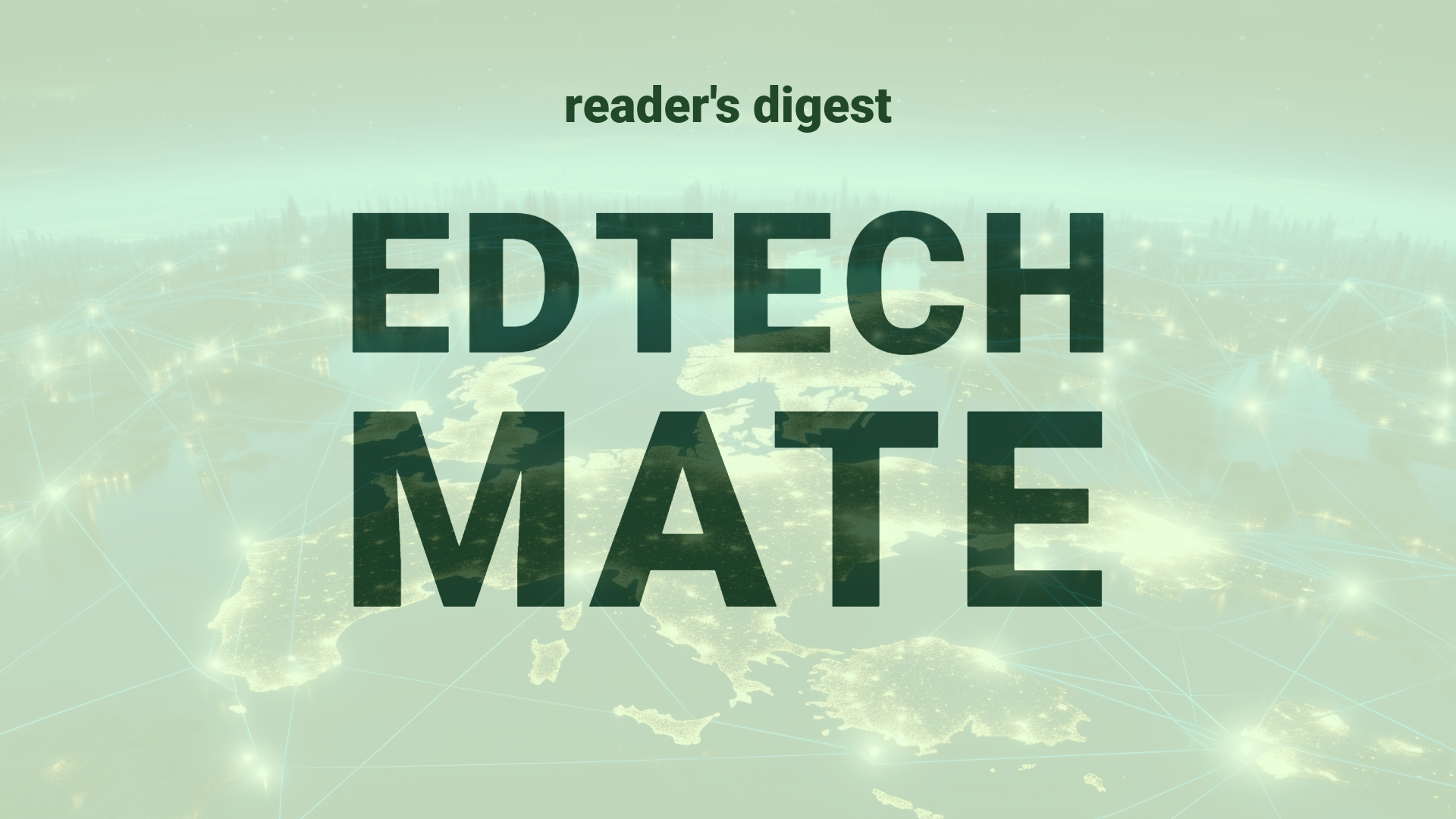Executive Summary and Main Points
In the contemporary marketing milieu, the concept of the “echoverse” signifies a complex interplay among consumers, brands, media, communities, and AI, resulting in omnidirectional communication. With blurred roles, communication strategies have shifted from traditional one- or two-way flows to multidirectional exchanges that co-create value. Automated Textual Analysis (ATA) methods highlight the dynamic nature of interactions within this digital echoverse, emphasizing the need for marketers to instantaneously adapt to maintain relevance. By exploring 64 articles, key objectives of amplifying or tuning marketing content, leveraging product reviews, and enhancing brand performance reveal new challenges and opportunities within the continuously evolving communication landscape.
Potential Impact in the Education Sector
The “echoverse” concept has direct implications for Further Education and Higher Education, where institutions can leverage the collective value creation of omnidirectional communication. By involving learners, educators, industry partners, and AI-driven platforms, they can co-create knowledge and tailor learning experiences. Micro-credentials become even more vital, as they symbolize adaptable, personalized learning journeys. Strategic partnerships across institutions and with ed-tech companies will foster digitalization, with collaborative platforms enabling stakeholders to both consume and contribute to the educational content ecosystem.
Potential Applicability in the Education Sector
Innovative applications within the global education systems could include AI-driven personalized learning experiences that adapt to and evolve with student feedback. Digital tools could facilitate cross-cultural collaborations, breaking down traditional classroom walls and enabling a global exchange of ideas. AI tutors and virtual reality simulations could play significant roles, allowing for immersive learning and feedback mechanisms that mimic the interactive nature of the echoverse, optimizing the educational process through continuous, omnidirectional communication.
Criticism and Potential Shortfalls
Critical analysis reveals challenges in adopting the echoverse framework in education. Issues include potential information overload, the validity and reliability of co-created educational material, and maintaining a coherent curriculum in an environment of constant flux. Comparative case studies, such as AI integration in different international contexts, could shed light on disparate outcomes influenced by varying cultural norms. Ethical considerations encompass the potential for AI-induced biases and the cultural implications of homogenized, AI-driven educational content.
Actionable Recommendations
For implementation within education, institutions should encourage co-creation of learning material with students and experts, using digital platforms to share and build upon ideas. Directed learning opportunities that capitalize on AI’s ability to manage big data can personalize and enhance the learning experience, while continuous learning strategies should be adopted to keep pace with technological advancements. Leadership in international education must now focus on fostering an adaptive culture, comfortable with AI collaboration, that can thrive within the dynamic communication ecosystem of the echoverse.
Source article: https://hbr.org/2024/06/the-new-rules-of-marketing-across-channels

